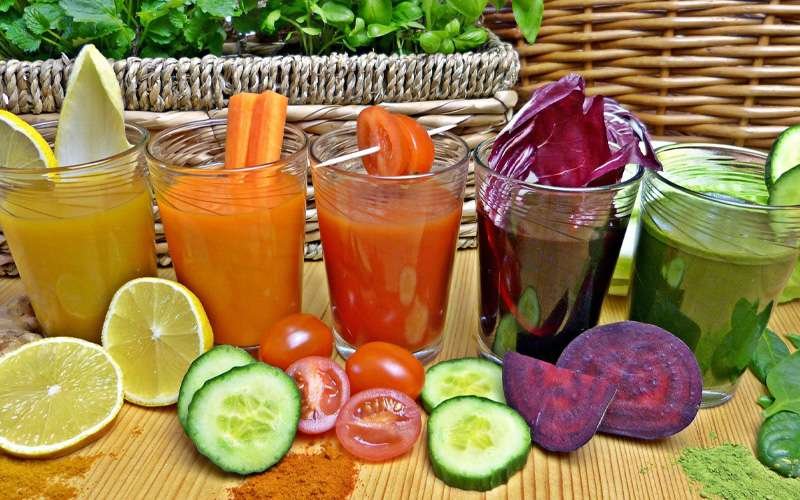A detoxification diet, is a specialized diet plan that you use only for a short amount of time. Its purpose is to rid your body of accumulated toxins.
It is often used by people who have alcohol or drug problems but can also be useful for eliminating the environmental toxins that are so present in society today.
The main objective of this diet is basically to create more waste products, which cleanses the colon. This detox diet should also help improve your liver function and circulation

Eight Glasses A Day
The important ingredient in successful colon cleansing is water. You should drink at least eight glasses a day. You can also drink pure vegetable or fruit juices with added sugars to help increase your fluid intake.
Naturally, the juices should be organic and you can cut them with 50% water. Why organic juices? It’s because they will be pesticide and chemical free.
Herbal Teas
In addition to the water in juices, you can drink green tea or other naturally decaffeinated herbal teas.
Drink these sparingly and never when boiling hot. If you need to sweeten the tea, use organic honey but use it so that it does not interfere with the goal of cleansing your system.
What You Eat
While you are doing your detox diet, what you eat is just as important as what you drink. The key here is to lose the toxins and unhealthy chemicals that have accumulated in your body. The mainstay of your diet should be fresh, organic vegetables. Be sure to also eat grains such as quinoa, brown rice or millet.
You should also eat peas and beans such as garbanzos, kidney beans and pintos. This will help you feel full and more comfortable. Nuts are also a good addition to your diet, except for peanuts. In short, you should stick with foods that are sugar and salt free, organic and high in fiber.
The Most Critical Key
The key to a successful detoxification is to not starve yourself. Instead, create a menu that you can follow for about two weeks. You can add spices as desired to foods that are high in fiber and are sugar and salt free.
However, try to use a limited amount of salt. Be sure to chew your food adequately, don’t eat on the run and try to be calm and relaxed during your meals.
One Final Point: Make a plan. As the saying goes ‘If you fail to plan you plan to fail.’ Whether it is someone else’s plan you are following or your own carefully thought out diet and exercise regime you must have a clear understanding of what is expected of you and what to eat when.
If you are not sure about how to proceed then inevitably you will fall back into old eating habits. So plan for your success, stick to your diets and good luck!